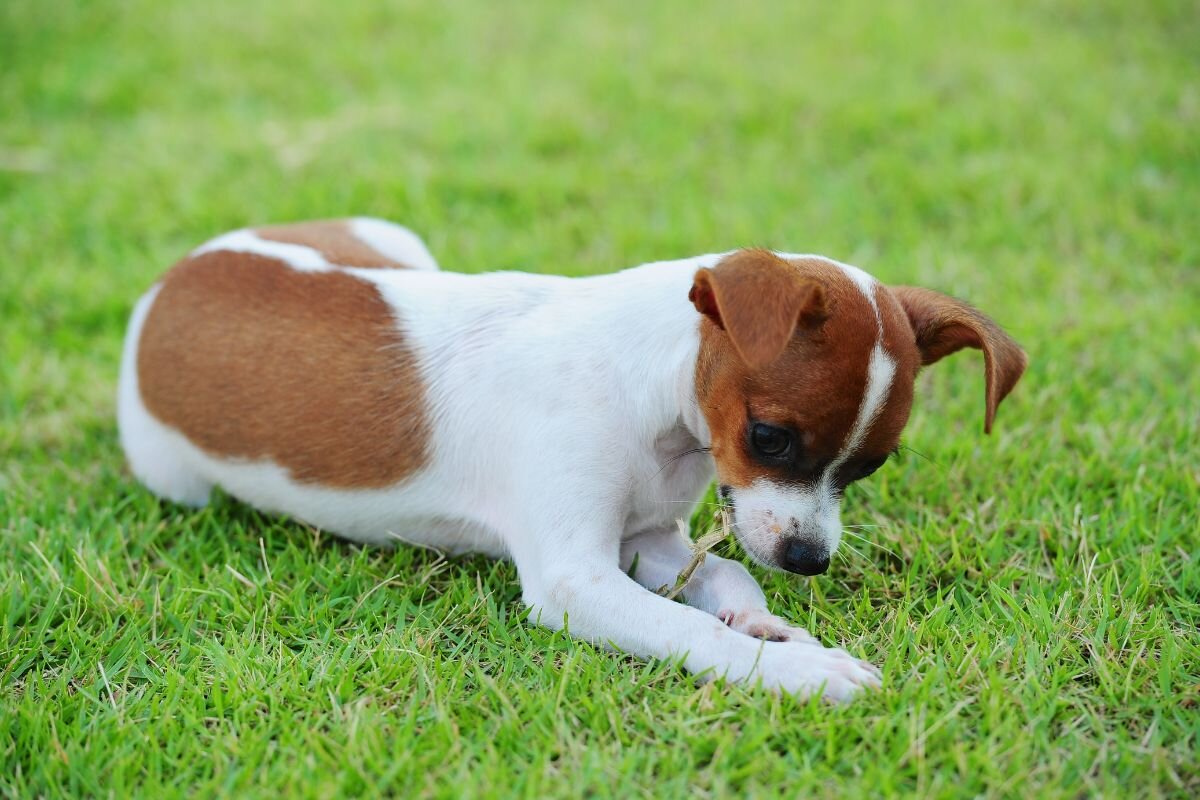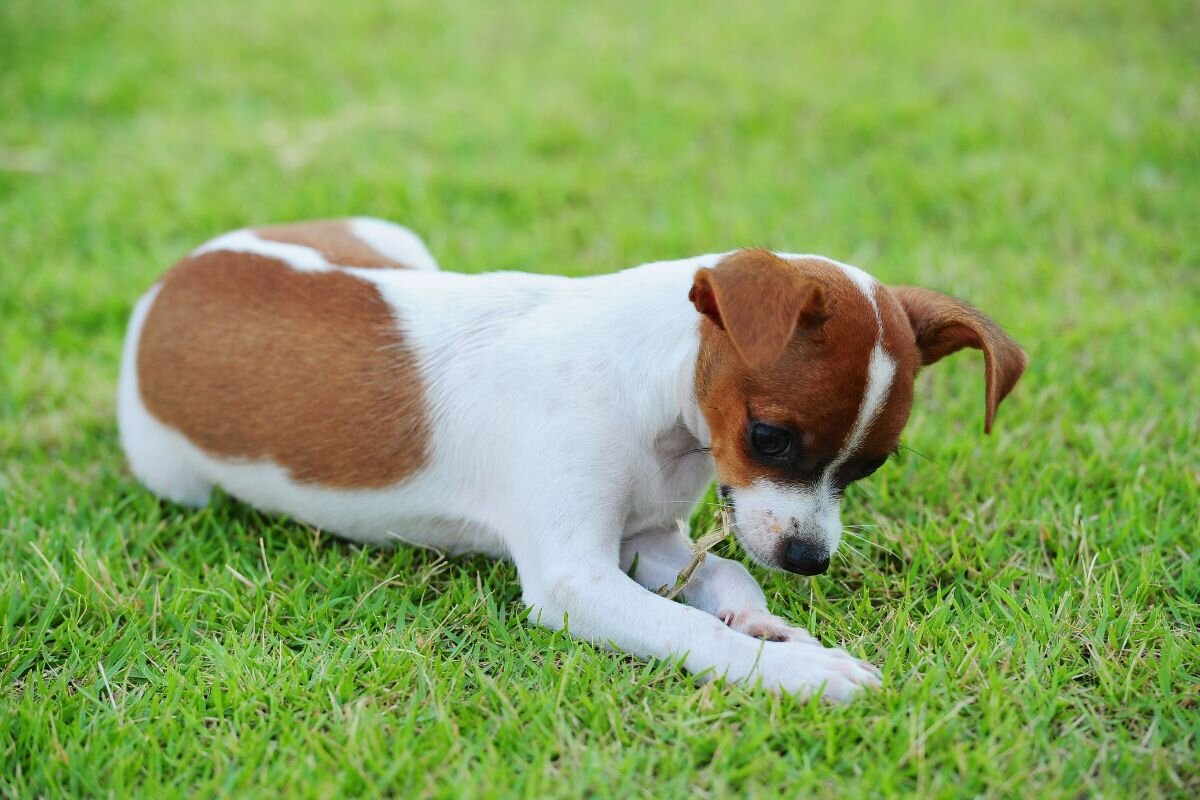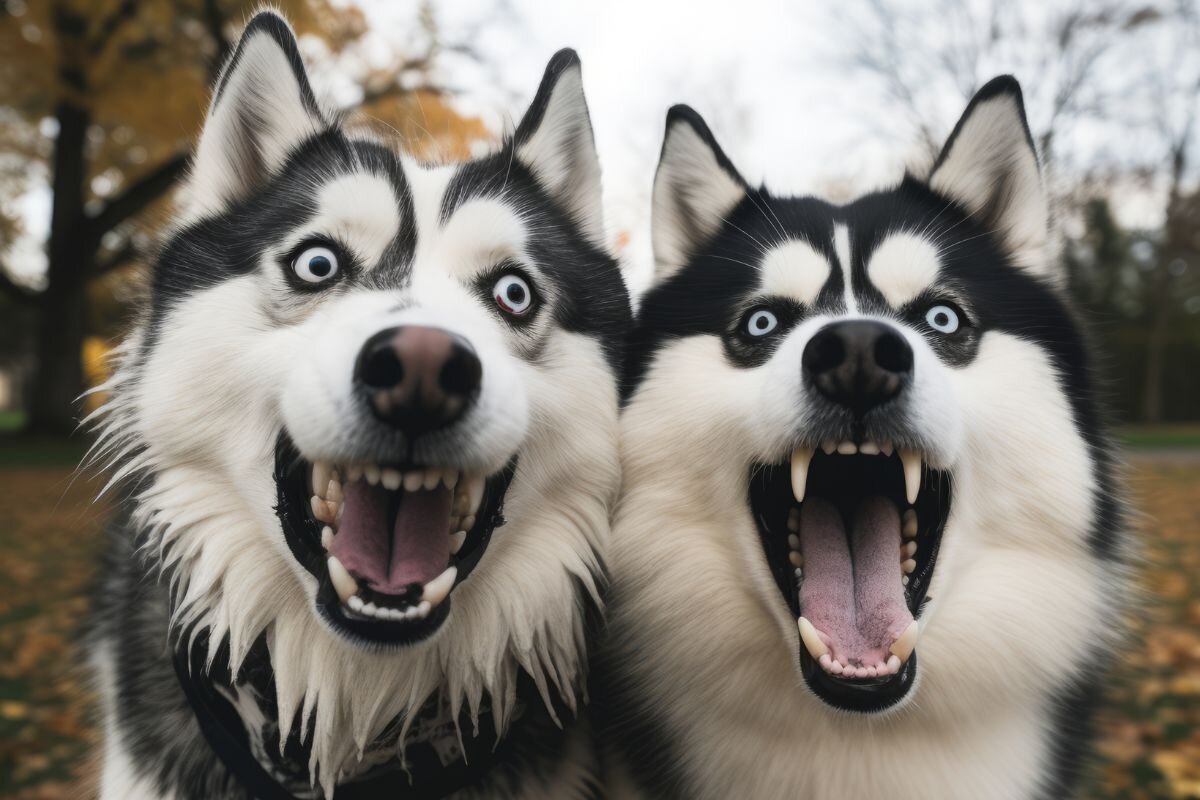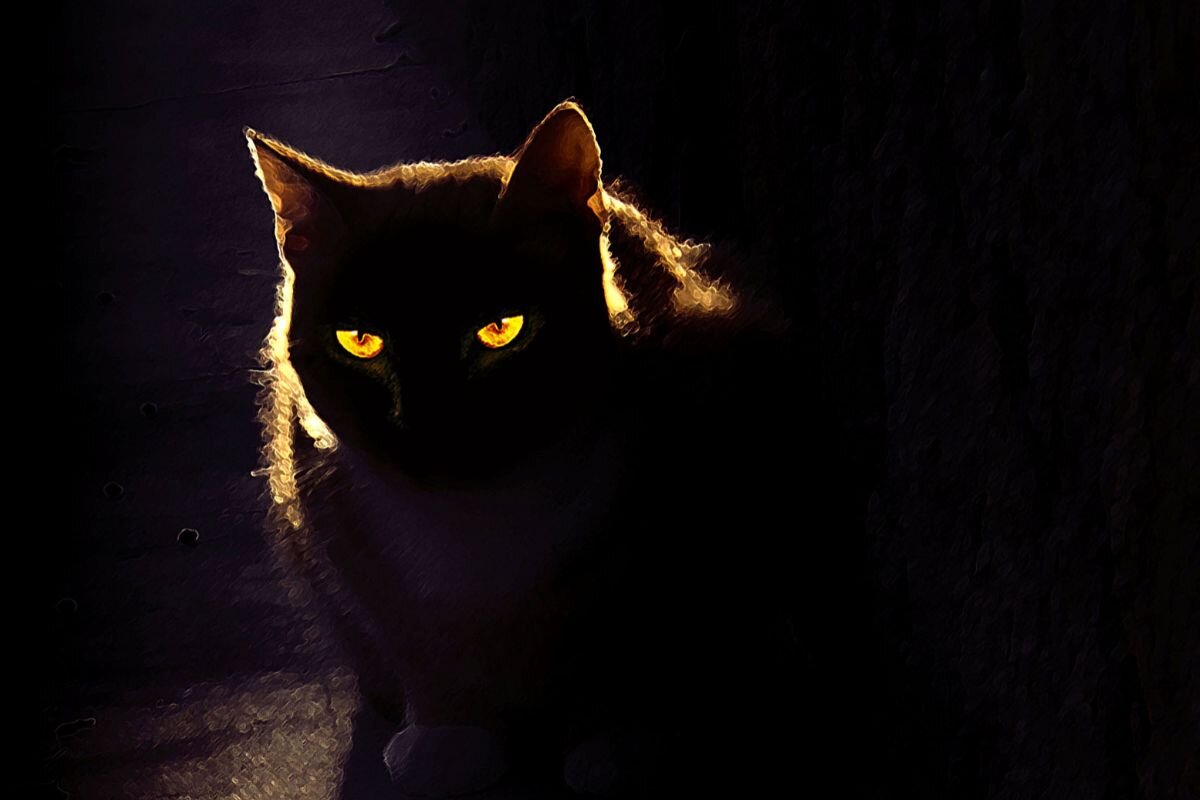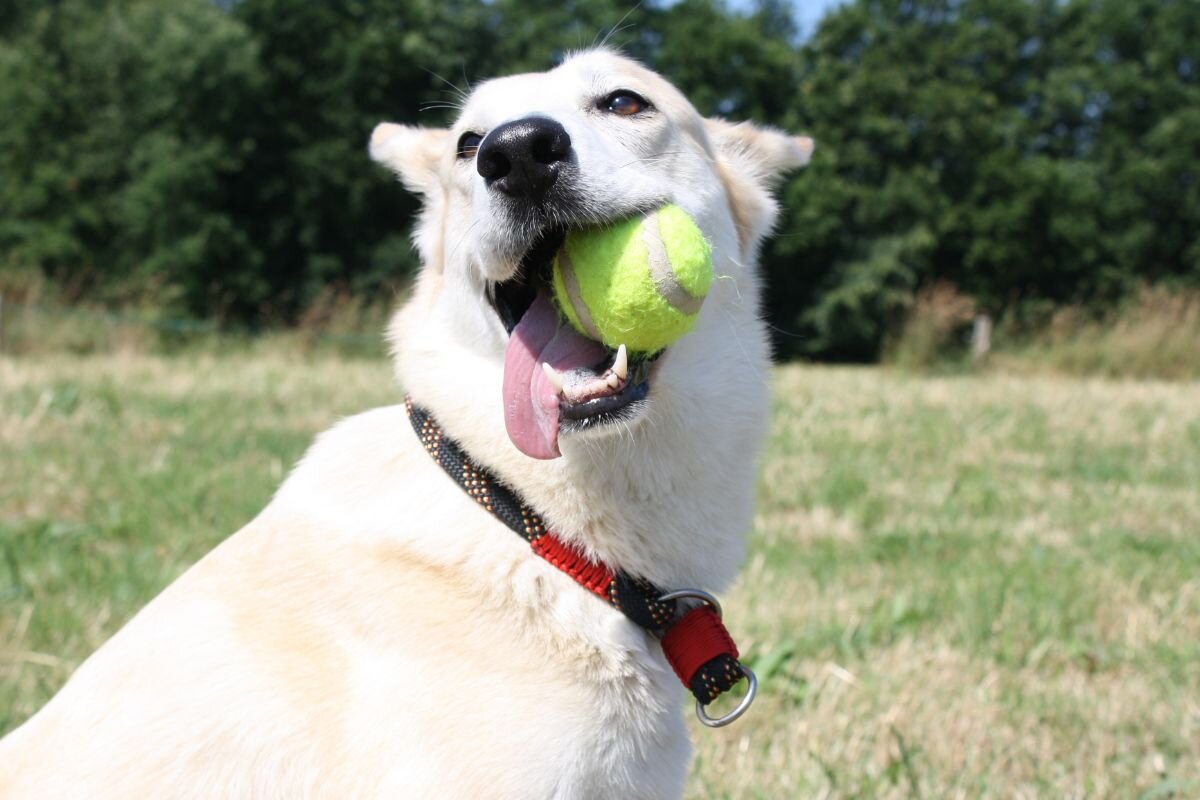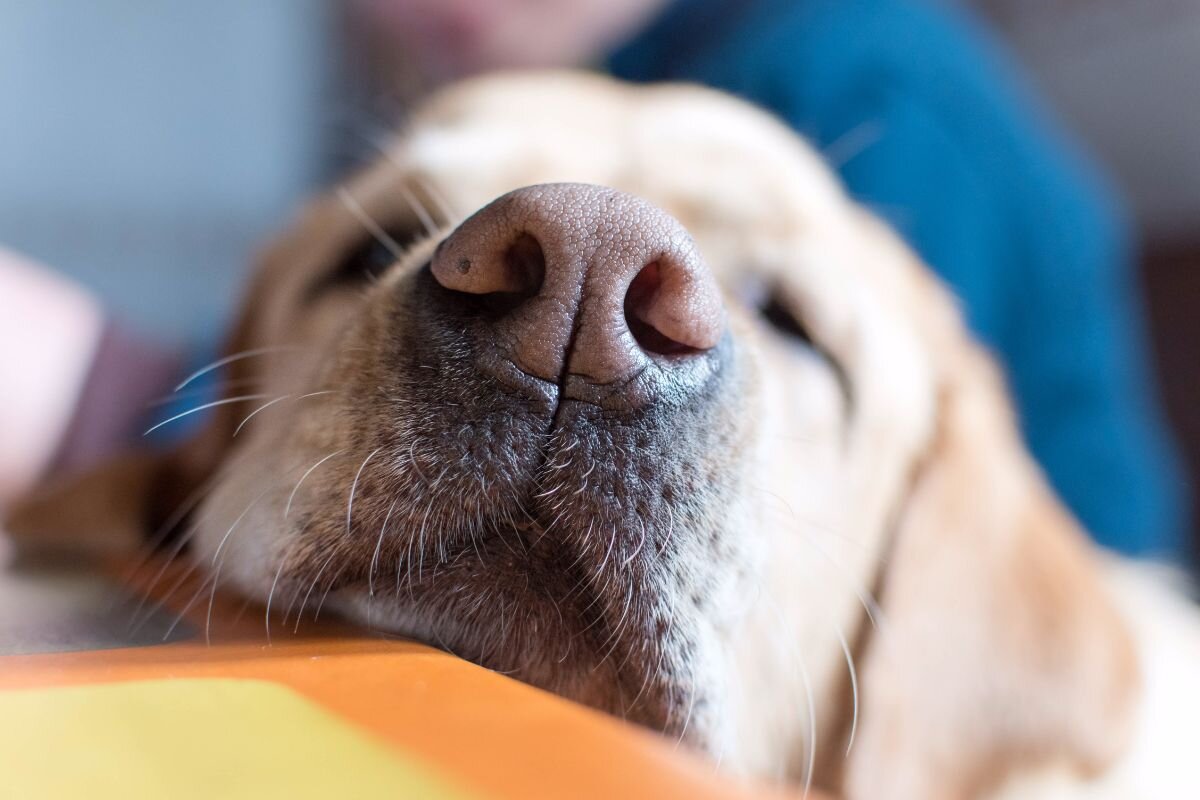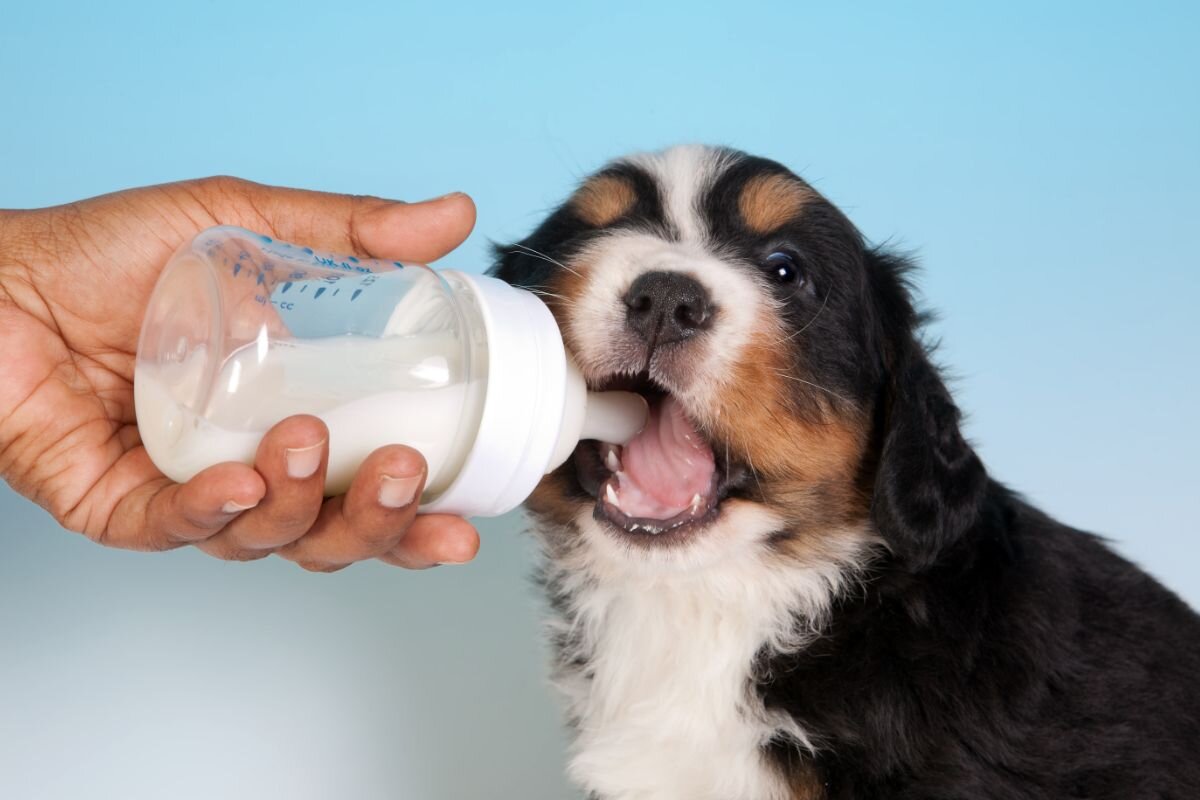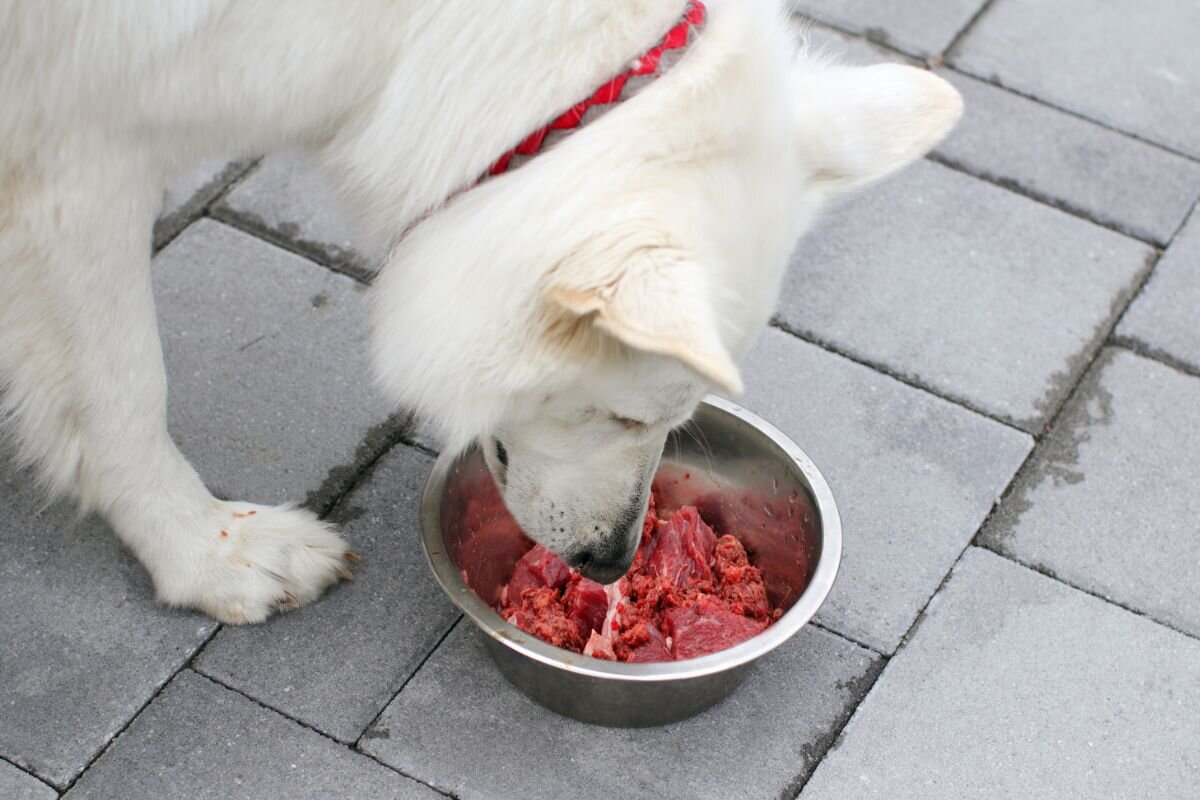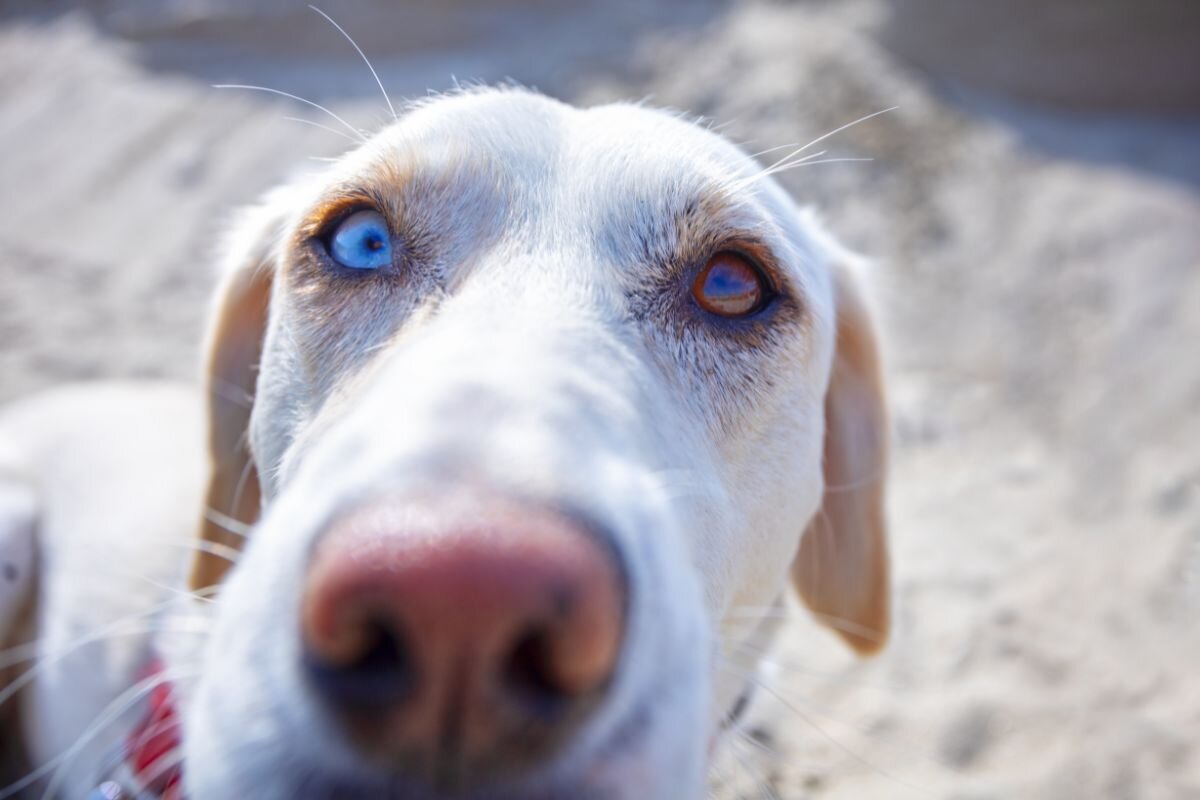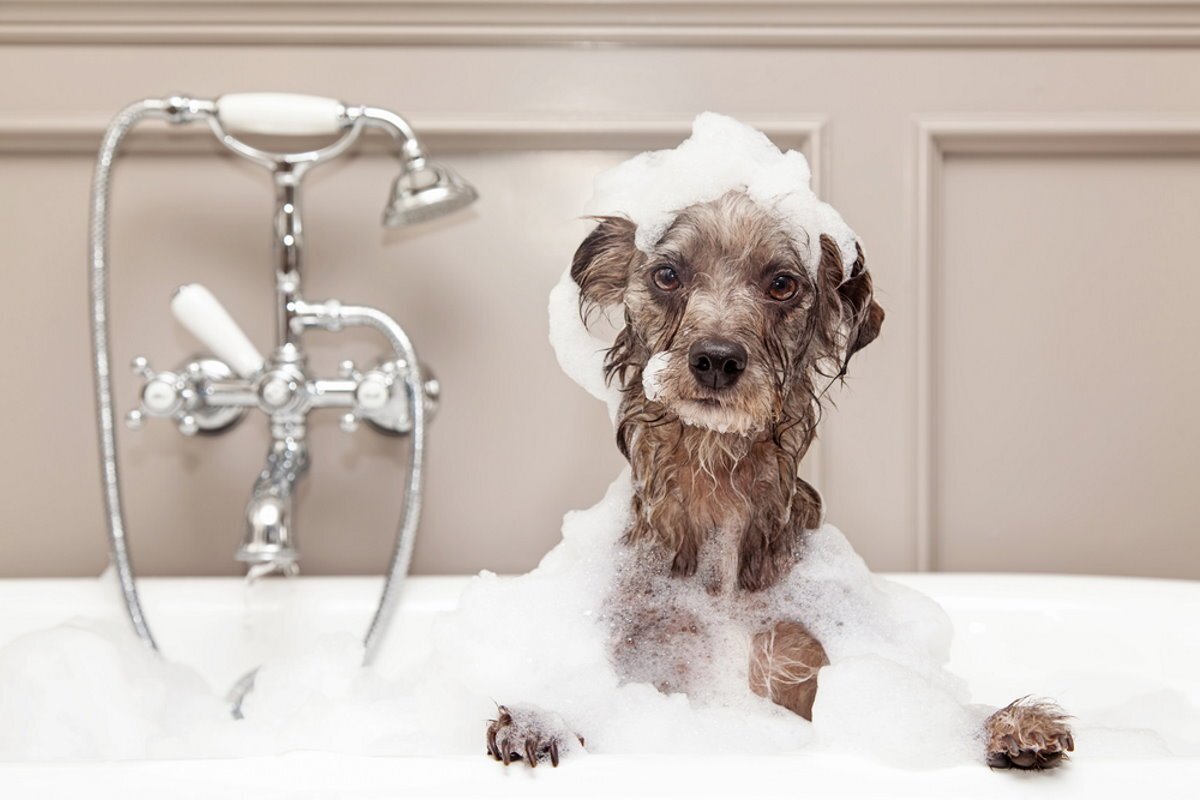When you constantly hear something, it's easy to believe it's true. Unfortunately, many myths are spread in this way. Today I will debunk 10 common myths about pet care and explain why they are not true, despite popular belief.
1. Do dogs eat grass when they have a stomach upset?
Many pet owners believe that their dogs eat grass to induce vomiting when they have a stomach upset. Others believe that dogs eat grass to replenish nutrients. However, neither of these reasons is true.
A survey conducted by German scientists of over 1500 pet owners showed that only 8% of dogs exhibited signs of illness before consuming grass, and only 22% of dogs that ate grass subsequently vomited. This survey indicates the unreliability of this method to induce vomiting in dogs.
So why do dogs eat grass?
Scientists believe that dogs and cats may eat grass for biological reasons. For example, eating grass may have helped wild dogs and cats cleanse their bodies of parasites. However, veterinarians do not recommend allowing your dog to eat grass. Your pet could easily be poisoned by chemical fertilizers used on the grass.
2. Do cats purr only when they are happy?
There is some truth to this myth. Cats often purr when they are happy. However, purring is also a soothing sound that your cat may use for self-comfort when experiencing fear or pain. Mother cats may also purr to calm their kittens.
3. Is your dog's mouth cleaner than your oral cavity?
This myth comes to mind when a puppy covers you with kisses. Unfortunately, a dog's mouth is not cleaner than an average person's oral cavity. This is because both humans and dogs have millions of bacteria and microbes in their mouths. Studies have shown that both humans and dogs have approximately 600 species of bacteria in their mouths simultaneously.
If you love puppy kisses (and who doesn't?), that's perfectly fine. Just know that in terms of bacteria, a dog's mouth is roughly on the same level as a human's mouth.
4. Can cats see in the dark like in the daytime?
There is some truth to this myth. Yes, cats see better in low light conditions than humans. For example, on a moonlit night, a cat can see better than a human, but not as good as in the daytime.
According to Cat's Protection magazine, improved night vision in cats is due to the fact that they have more light receptors in their eyes, otherwise known as rods. These allow cats to be more sensitive to any available light and see better even in very dim light.
5. Are dogs color blind?
For a long time, it was believed that all dogs were color blind. However, recent studies have refuted this. According to the American Kennel Club, dogs can see shades of yellow and blue.
Unlike humans, dogs have more rods in the retina of their eyes, which allows them to see better in low light conditions. Humans, on the other hand, have more cones in the retina, providing a wider spectrum of color perception.
Dogs see far fewer colors than humans, but they see better at night and in low light conditions.
Considering the colors that dogs can see well, it is recommended that next time you buy a new toy for your puppy, choose yellow or blue. This difference in their vision may be why dogs prefer bright yellow balls!
6. Do cats always land on their feet?
Cats usually land on their feet thanks to their flexible spine and ability to adjust their fall in the air, also known as the "righting reflex."
Unfortunately, our cats do not always land on their feet, and this should never be forgotten. Every year, veterinary clinics see many cats that have fallen from a significant height, resulting in serious injuries, and many of them, unfortunately, die.
7. Does a warm and dry nose mean that the dog is sick?
It would be great if we could instantly tell if our dog is feeling unwell based on the temperature of its nose. However, sick dogs can have warm or moist noses.
There is some truth to this statement, as a wet nose allows a dog to better sense smell, but a warm nose does not necessarily mean that your pet is sick.
The American Kennel Club explains that several factors can cause a warm nose, including:
- Old age.
- Dogs do not lick their noses while sleeping, which can lead to a drier nose.
- Dehydration - especially after physical exertion.
- Exposure to heat, cold, or wind.
8. Are cats nocturnal animals?
Many people believe that cats are nocturnal animals because, unfortunately, they have been woken up by their pet's nighttime antics.
Cats do prefer a nocturnal lifestyle, but they are not truly nocturnal animals. Instead, they are classified as crepuscular animals.
Crepuscular animals are those that are most active at dawn and dusk. Many cats fall into this category because they hide at night when they are more vulnerable in the wild and become more active at sunrise and sunset.
Exception are kittens, who have so much energy that they can run all night! In this case, I recommend trying to tire out the kitten with a good play before bedtime.
Spaying is also important to ensure that your cat behaves quietly at night. Unspayed cats have high hormone levels, which can cause them to scream in the middle of the night to attract males.
9. Is all human food off-limits?
It's hard to resist the huge puppy eyes as your dog watches you snack. But it's important to carefully choose the foods you share with your pet. Some foods, while suitable for people, are very toxic to pets.
Fortunately, not all human foods are banned for cats and dogs - many fruits and vegetables can be tasty and nutritious treats with a crunchy texture that many pets enjoy chewing. Be sure to check out our list of vegetables that dogs can eat and the list of vegetables that cats can eat.
10. Can puppies and kittens drink milk?
Like many people, puppies and kittens can also suffer from lactose intolerance, which can cause a range of problems if they consume milk. According to Vetwest, some puppies and kittens actually tolerate lactose well and can consume dairy products. However, if you notice signs of stomach upset or diarrhea, stop giving them milk immediately.
As a rule, it is better not to give dairy products to your pets. If your puppy or kitten is still too young to eat solid food, they should receive milk directly from the mother or from a veterinary-approved formula for replacement of dog or cat milk.
When your puppy or kitten is old enough to transition to wet or dry food, they no longer need milk, and you don't need to add it to their diet. However, if you still plan to give your puppy or kitten dairy products, first consult with a veterinarian to ensure that they do not affect their growth, nutrition, or intake of any medications.

